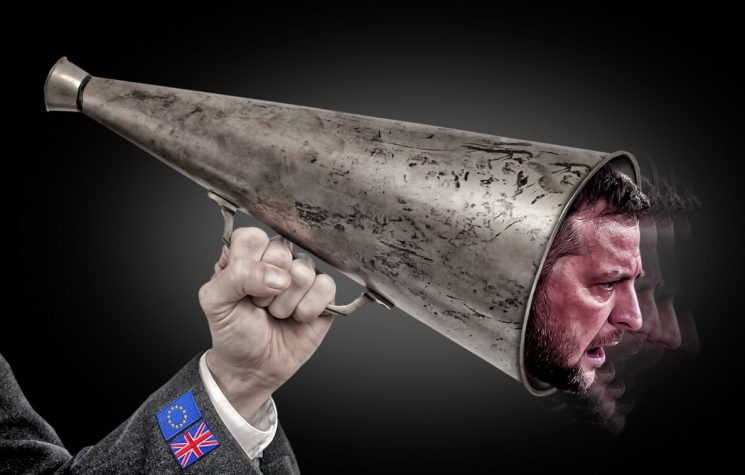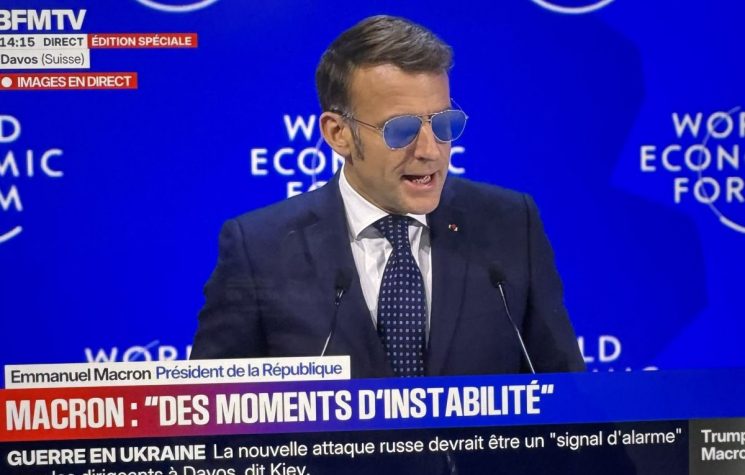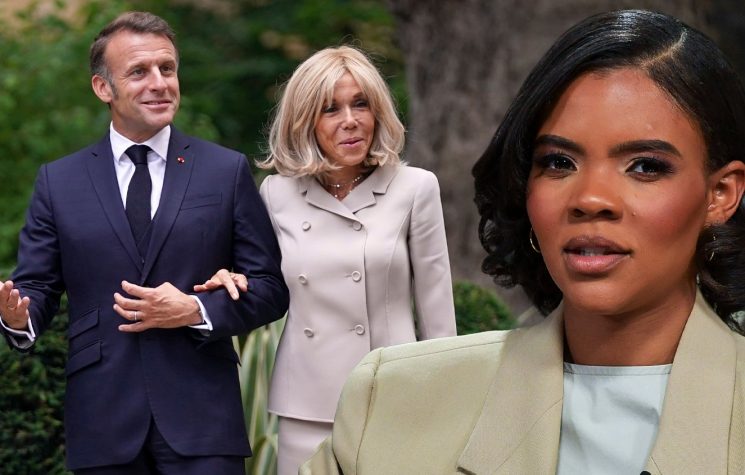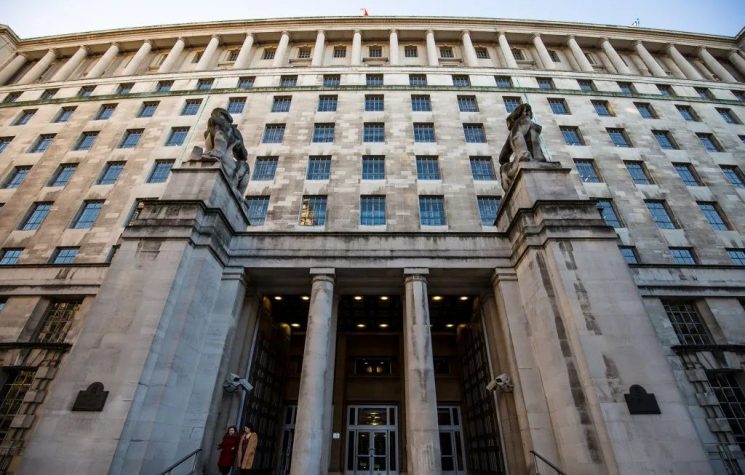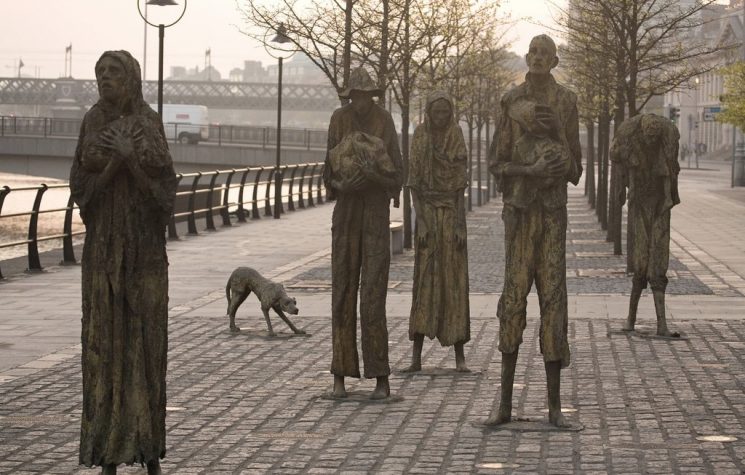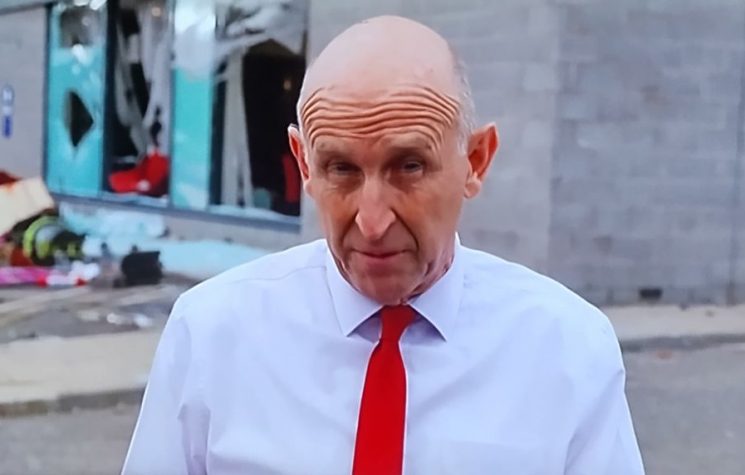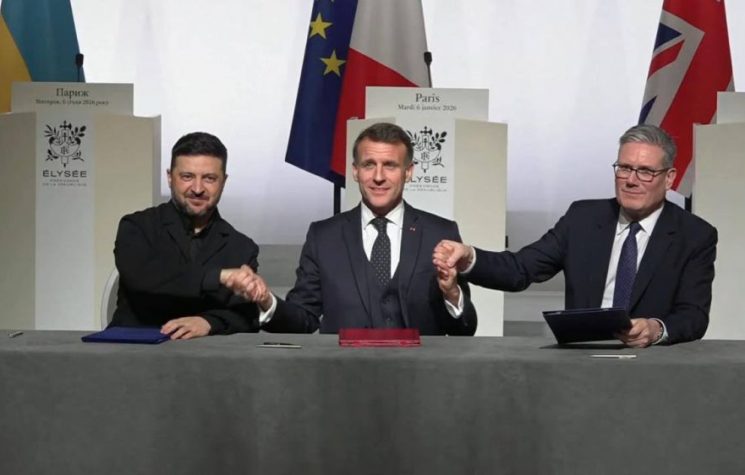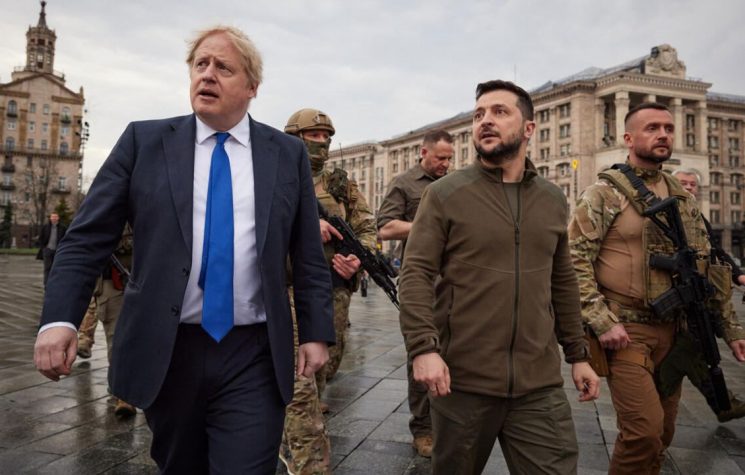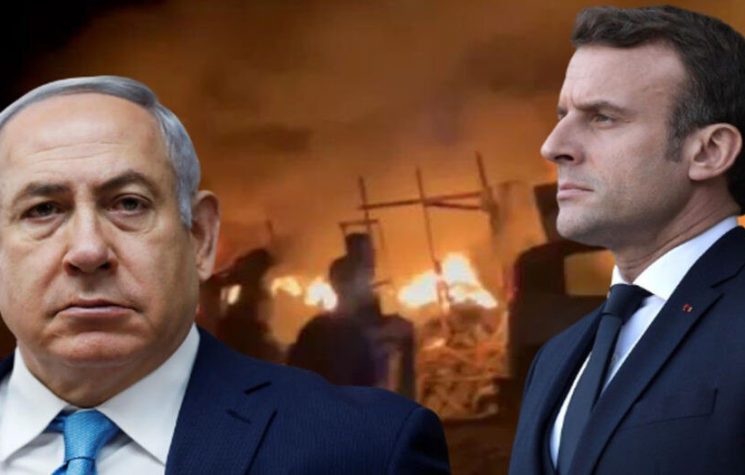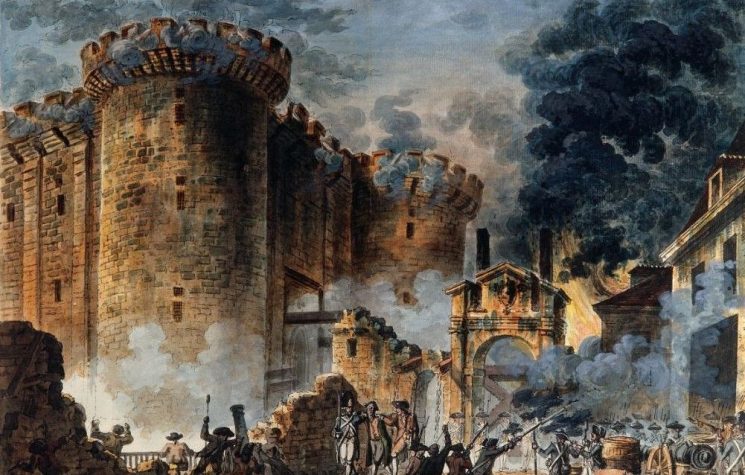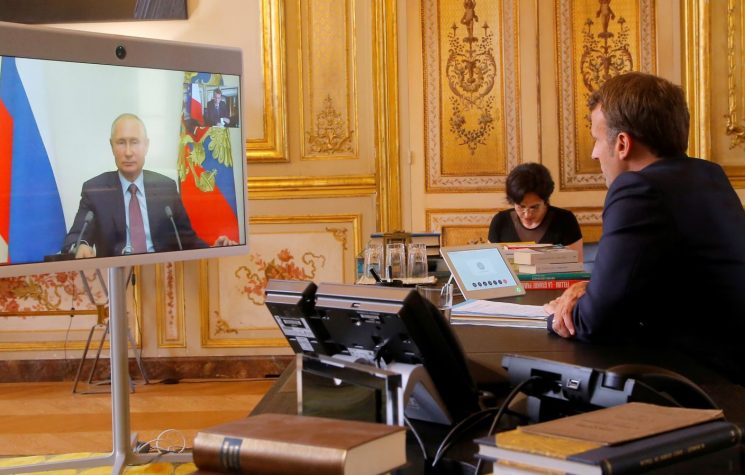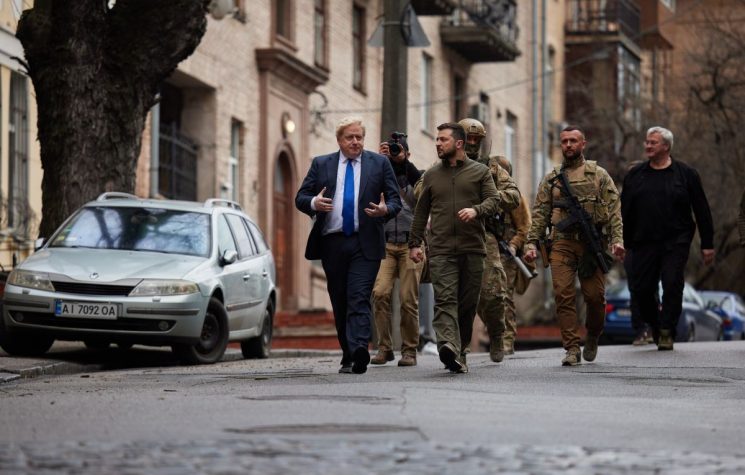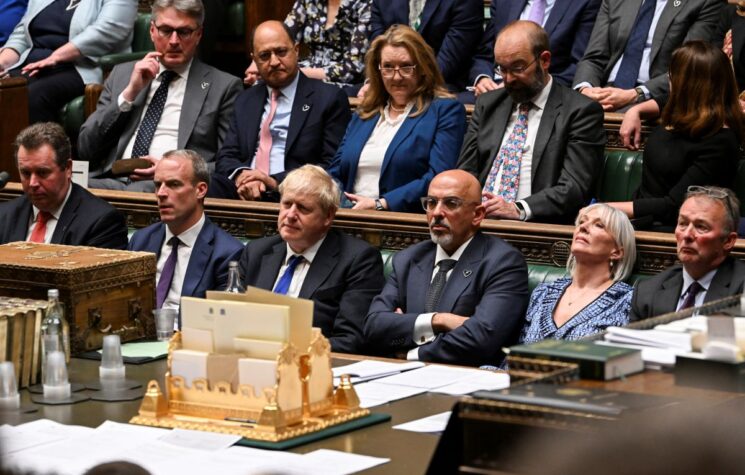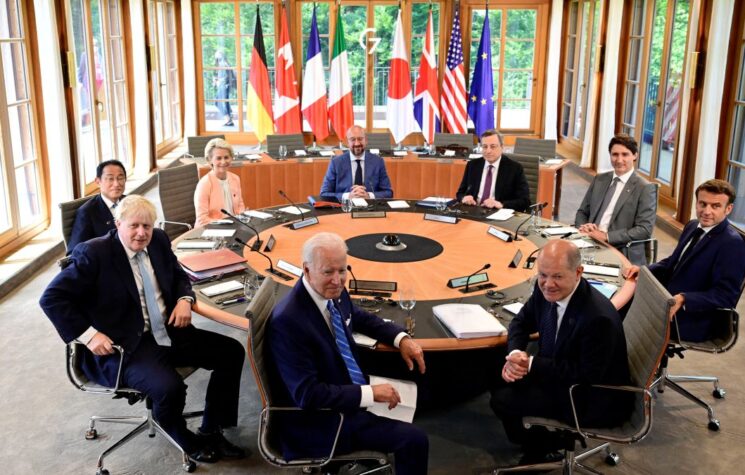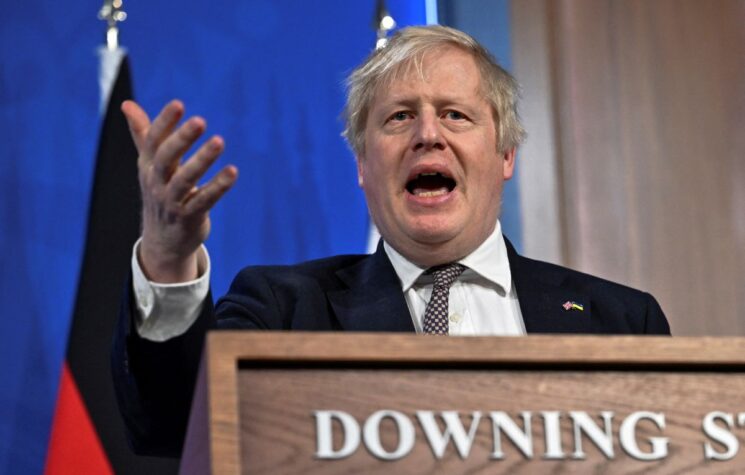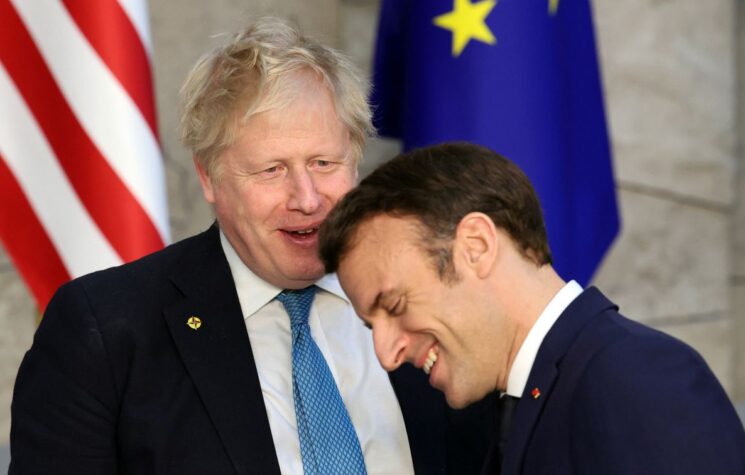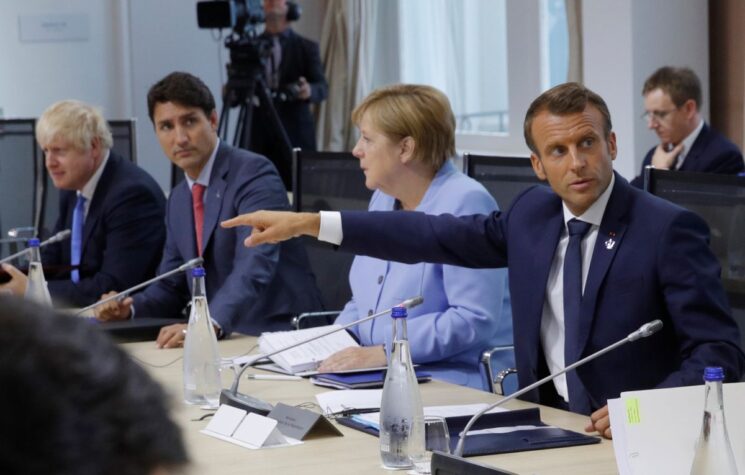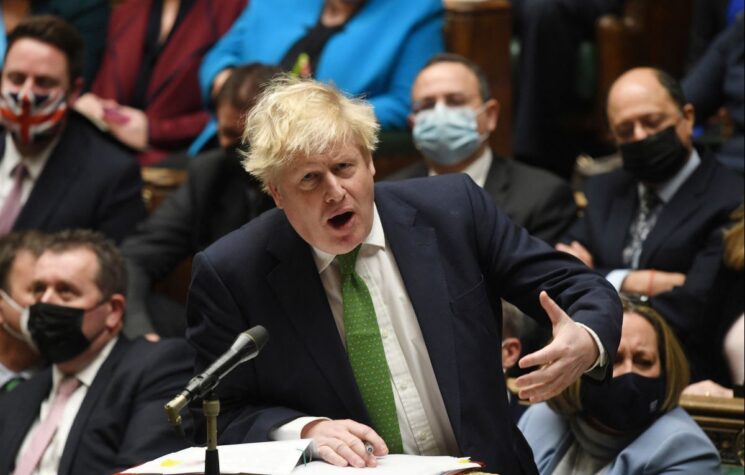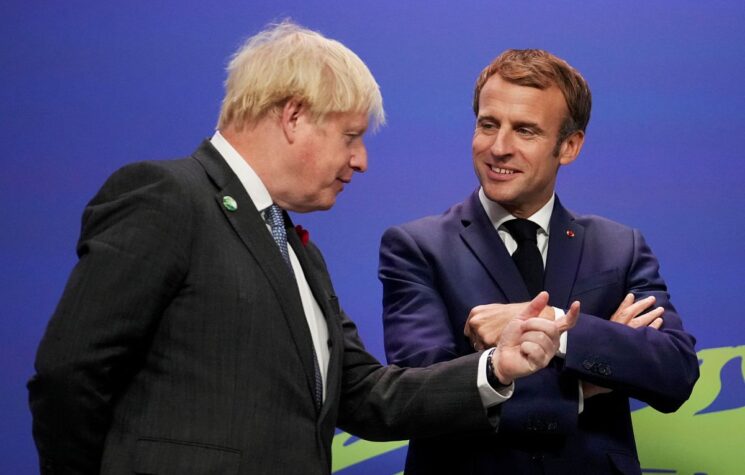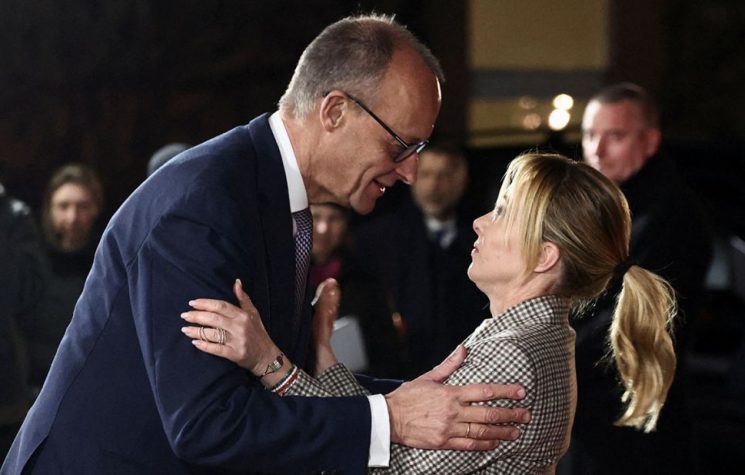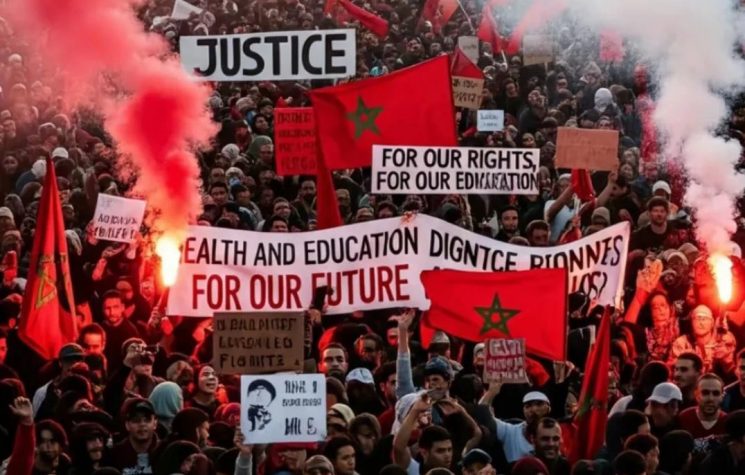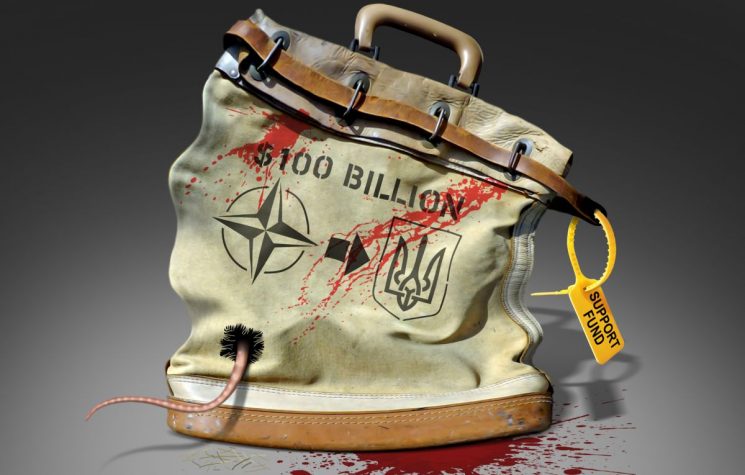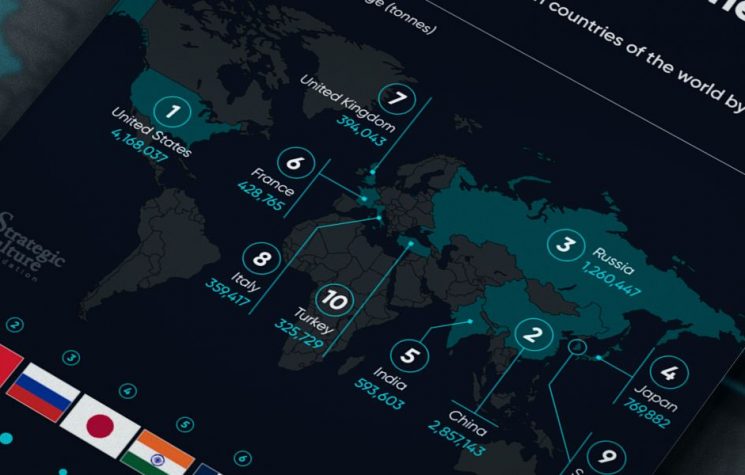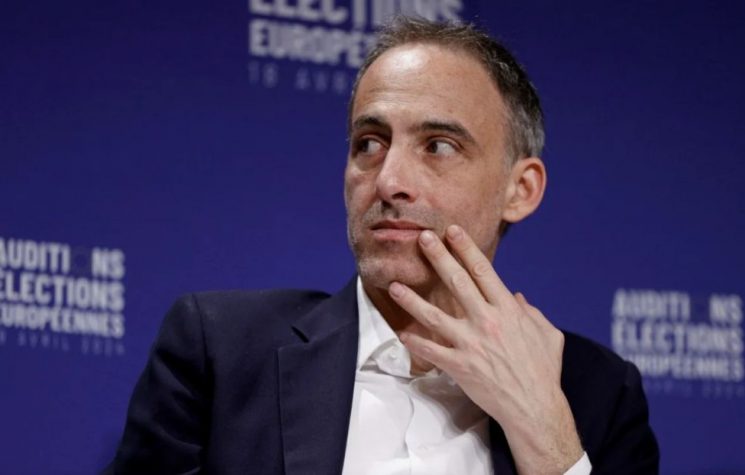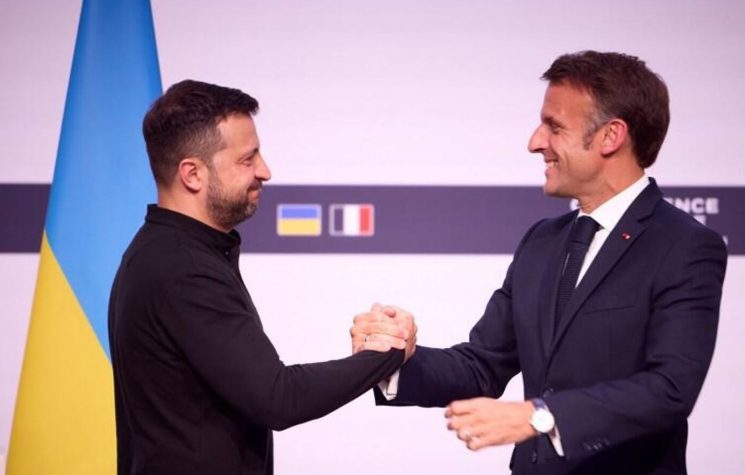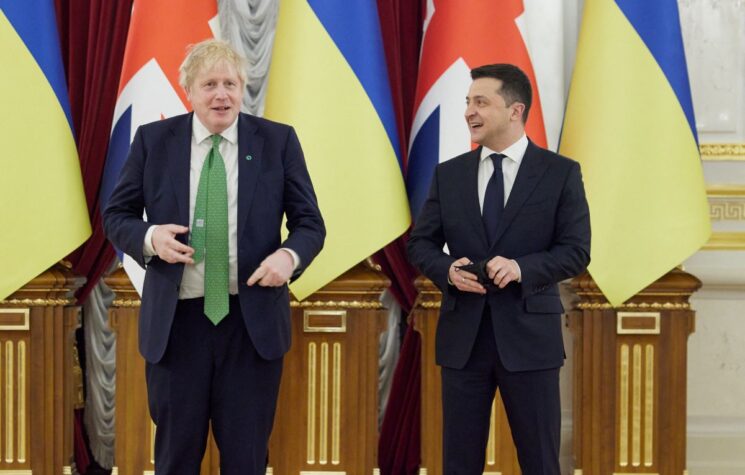Aside from the two-faced games which Macron plays with UK and Boris Johnson, his officials keep good relations with Johnson’s team and it is this cabal which has convinced him to back down in the fishing row.
Beaten and baffled by how the bluff of threatening the UK with kangaroo court blockades against British goods was only a frivolous play for media attention at the end of October, France’s Emmanuel Macron has taken a humiliating knock from his own country, the EU and many European governments after the climbdown. Indeed, with just six months leading up to the French presidential elections themselves, to learn that he didn’t have quite the support he thought he had from the EU’s powerful executive — the European Commission — must have been hard, given how Macron sees himself now as the leader of the entire project itself now that Merkel is out of the picture.
But in fact, there was much more to the stunt than merely a media ruse to win a few votes. Macron ticked the box ‘French fisherman’ which he badly needed to do, given that he didn’t really stand up for them during the apex of the Brexit negotiations which essentially sold both French and British fisherman out. Yet the climbdown itself, which on the surface, makes him look weak and panicky, actually was tactical, given that France had the sense to at least go through the motions and mull over the idea of British consumers boycotting French goods in supermarkets and for UK firms to bypass French ports altogether to get their goods into the EU market. The whole escapade was a lesson for him and the EU, which sent the message that there were enough big hitters in the EU who didn’t agree at all with the sanctions threat to the UK and believe in a much soberer, if not sanguine approach to trading with Britain and keeping on good terms with its government.
But there are other reasons why France and Macron need to stop throwing the toys out of the pram when it comes to Brexit Britain and think about how to capitalise on Britain being unshackled from the EU. Aside from the two-faced games which Macron plays with UK and Boris Johnson, his officials keep good relations with Johnson’s team and it is this cabal which has convinced him to back down in the fishing row, for something much bigger and more important to play for, with the UK: defence and security cooperation.
The much talked about subject for almost 30 years in Brussels of an ‘EU army’ had new air breathed into it recently when U.S. President Joe Biden pulled out of Afghanistan in such a self-serving way, without consulting France and the UK, that it prompted once again talk in the Belgian capital of the need for Old Europe to have more power over its own decisions within the bosom of a failing NATO. The subject itself is complicated and fraught with problems as to how to go about creating it, running it and, of course, funding it.
But one idea which might be more realistic is that larger EU member states themselves take a bigger role outside of NATO around the world in the troubled hotspots, as they team up together and fight terrorism or step in and help with humanitarian catastrophes.
And this is Macron’s vision. An EU army without any link to the EU itself, which France, he believes, would take a leading role in, if not run outright. Other members could include the UK, Germany, Belgium, Spain and Italy. But it is Britain which is seen as the big fish to catch and land in this post-NATO wet dream. To some extent, one could argue that on a smaller scale, Macron’s vision is already happening in Mali, which Boris Johnson just recently sent a contingent of soldiers to help the current French-led UN mission to hit terrorists.
If Macron would have gone ahead with the blockade threat to UK trucks at French ports, not only would British shoppers abandon French goods, but Boris Johnson would have to review his decision to support the Mali initiative. Such a petulant move would have hurt Macron, who is suffering from a considerable amount of backlash from France’s palatable decline in Africa and, in particular North Africa where countries like Morocco and Algeria who both have strong historical links to Paris, have more or less broken their relations with the Elysee altogether. In the Sahel also, like in Mali, Macron is desperate to muster more support though the dubious pretext of fighting terrorism whereas my own investigations unearthed considerable evidence to show that the Elysee has, in reality, a naked lust to give French companies a boost there, while protecting, of course, French citizens working for them. Not so much peacemaking. More money making and it doesn’t take too much sleuthing to look up the French companies, find the CEOs and see if they are linked to freemason lodges in Paris which traditionally have so much influence over the incumbent president’s office. Corruption is really at the heart of it.
And blurring the lines between fighting terrorism and pushing a national postcolonial agenda would be quite an achievement for Macron if he were to use a so-called EU army to muster some of Europe’s old guns to help him in, supposedly, his second term in office after April’s poll next year. If Macron is going to soldier ahead with the EU army idea, then he has to bag the UK first and then clean up when others follow. The UK has a bigger defence budget than France and is looking to expand that and to use its might around the world to do exactly the same thing. Win votes.
For France, it’s not just about getting Boris on board to “buddy up” on jaunts around the world. It’s also about realising that if a closer defence procurement and security partnership were to blossom, perhaps Paris would no longer be given the short straw over big defence deals, such as AUKUS which made Macron and France’s defence industry look ineffective and out of touch. According to some reports from Brussels, this is what Macron wants from Boris. Yet managing to find and hold one UK fishing boat, which France claims had no right to fish in its waters, when France manages to not find hundreds of dingies crammed with refugees crossing the English Channel, has made London more sangfroid, given now that Macron wants to kiss and make up with Boris. Perhaps Macron could start there to show some good faith before making unreasonable requests which have unclear advantages for London. It’s not far-fetched to imagine London and Paris teaming up on security and even defence procurement as big projects in the past like Concord or the Channel tunnel. But Macron’s capricious style leaves a lot to be desired.








